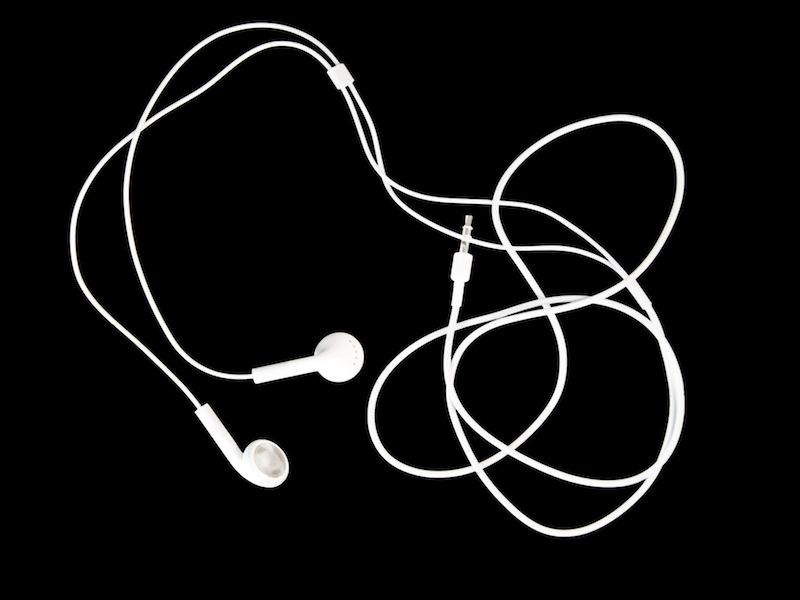
You don’t need to feel like your by yourself if you haven’t had a hearing test since you were a kid. It’s not usually part of a routine adult physical and sadly, we tend to deal with hearing reactively rather than proactively. In fact, even when they know they have loss of hearing, most people disregard it for as many as seven years which can severely impact your health. In fact, in the long run, it’s been proven that your general health expense will increase if you have untreated hearing loss.
The good news, hearing exams are simple, pain-free, and provide a wealth of information for our professionals to help you, both for diagnosing hearing problems and assessing whether interventions such as hearing aids are working. When you were a child, you may recall the audiometry test from school, but a full hearing exam will give you a clearer understanding of your hearing without a sticker or a lollipop.
While you may not give the condition of your hearing as much thought as you would the health of your eyes or your teeth, it is essential that you routinely have your hearing examined. You may not notice something wrong with your hearing for some time. Because hearing loss usually occurs slowly over time it’s not easy to recognize it at first, but the sooner you do, the more likely you will be able to successfully treat it.
How do You Know When to Get Tested?
Usually the hospital will test newborns for hearing loss before they release them. The American Academy of Pediatrics recommends that children undergo formal hearing tests when they are 4, 5, 6, 8 and 10 years old and that teenagers should have hearing exams during wellness appointments with their physicians.
It’s suggested that if you are in between the ages of 18 and 49, you have your hearing checked every five years and then, as you get older, more frequently. You need to get tested every three years if you are 46 to 60 years old and then every two years after you turn 60. But don’t let that to stop you. Your specific situation will dictate when you need to get a test. If you notice your hearing isn’t as good as it once was, you should have it examined immediately. Neglected loss of hearing has been associated with mental decline, depression and increased risk of falls and other health problems. It can also influence your relationships and your ability to do work efficiently.
There are also some scenarios in which you should get a hearing test as soon as you can to address hearing loss that could get worse. The following scenarios indicate that you need to get a hearing test right away:
- You are experiencing vertigo
- There is earwax buildup or you had an ear infection
- Asking people to repeat themselves is something you have to do constantly
- It is difficult to pinpoint where sounds are coming from
- You are unable to hear conversations, particularly when in crowded areas
- Your ears have constant ringing in them
Whether you are at risk of hearing loss is another factor. You should get your hearing examined more frequently, as an example, if you are subjected to loud noise or if loss of hearing runs in your family.
There are also more than 200 ototoxic medicines. From Aspirin to some antibiotics, these medications can be very harmful to your hearing. So that you can be sure none of your medications are affecting your ears, check with your doctor. If you need to use a medication that you know is ototoxic, think about getting more frequent hearing testing so you can manage any hearing loss immediately.
Also, think about your habits and whether they might contribute to hearing loss. Frequently using your earbuds? There’s been a noticeable rise in younger people with hearing loss, which many experts connect to the increased use of earbuds and other headsets. Loud concerts, shows, or machinery can also do significant harm to your ears. If you feel that it’s time for you to have your hearing checked, schedule an appointment today.
